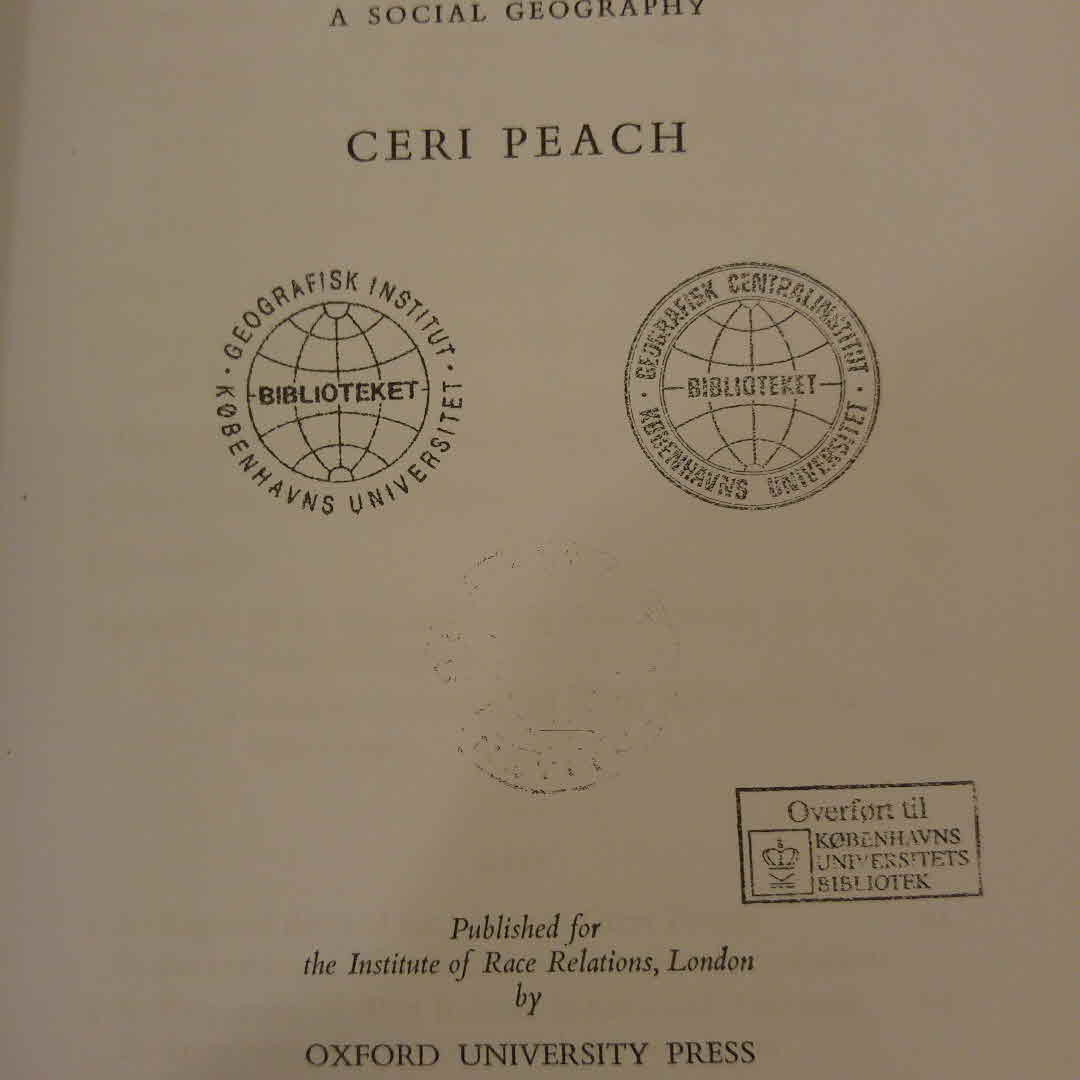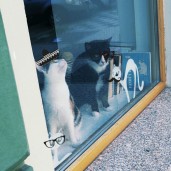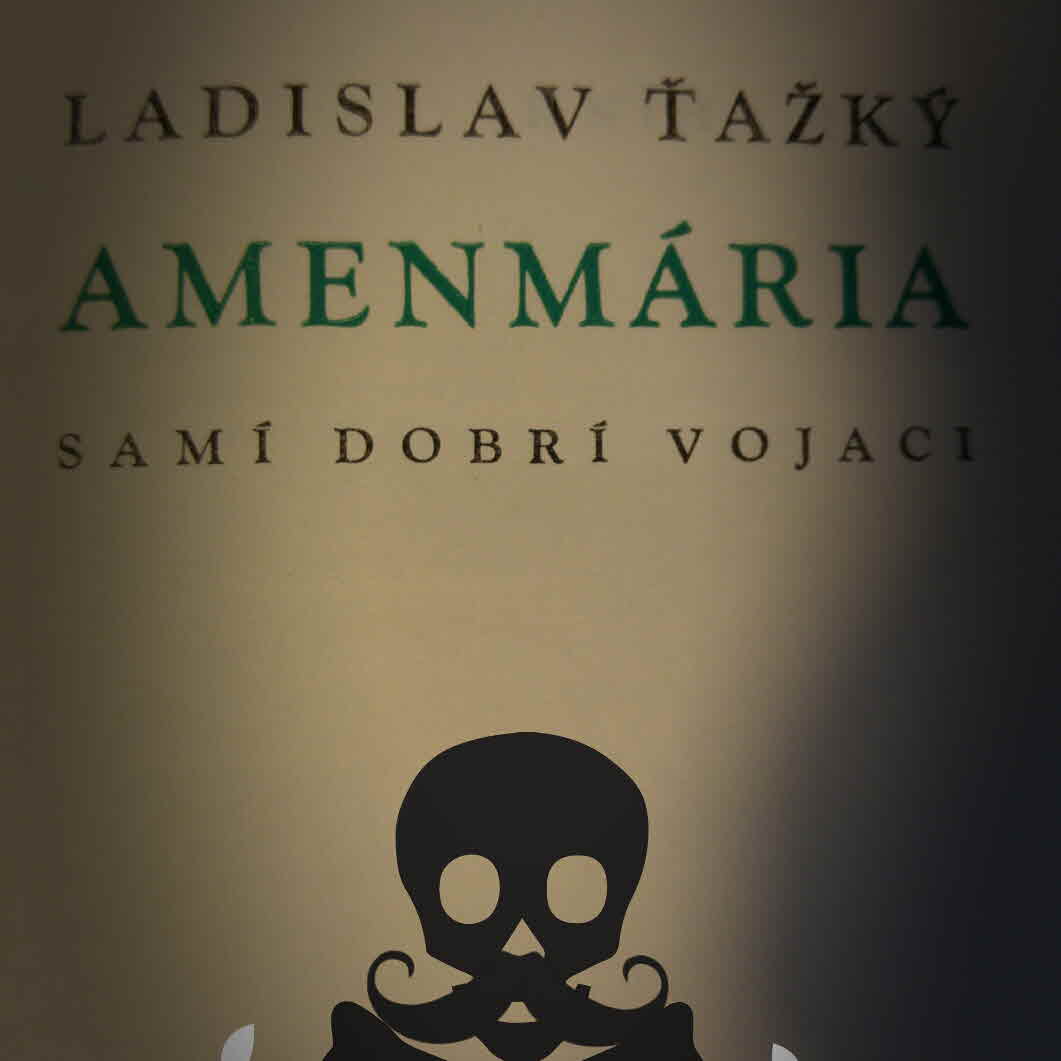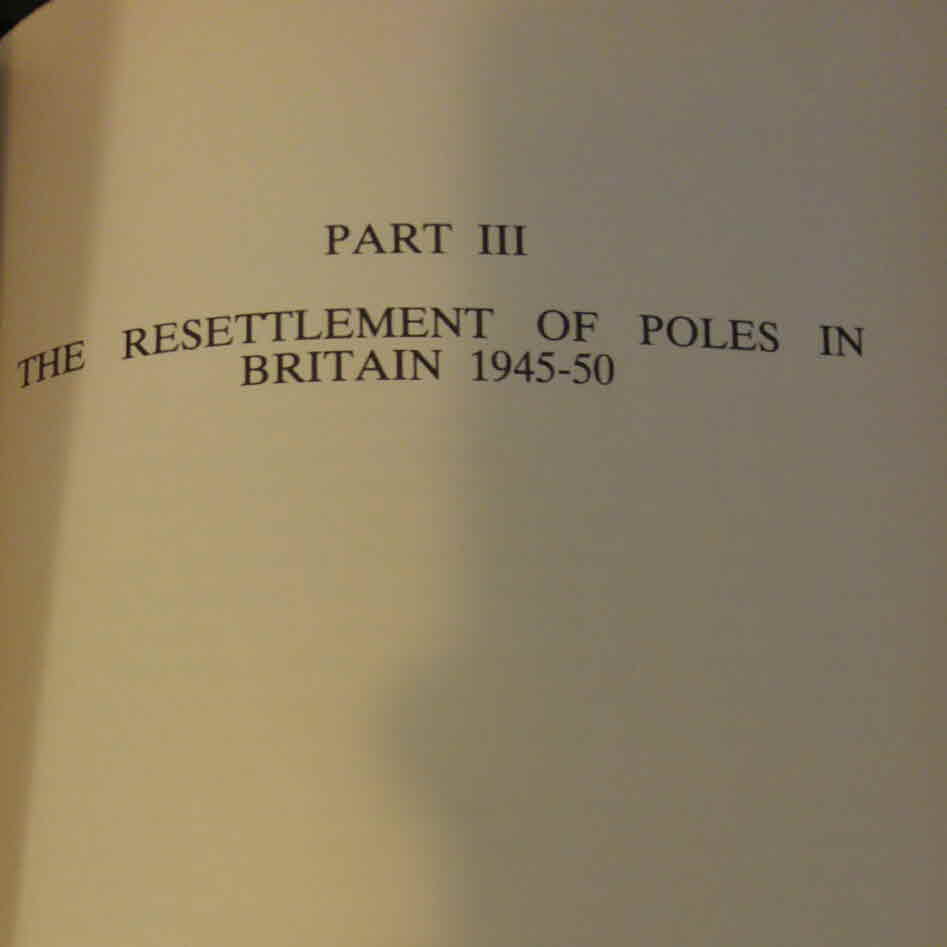
time to dip eyes into this report. it is a good to read when u are interested into the topic as it reviews both Glass Ruth's and Davison's reports about the 20th century migration to Britain


time to dip eyes into this report. it is a good to read when u are interested into the topic as it reviews both Glass Ruth's and Davison's reports about the 20th century migration to Britain
Those who saw death don't think about love, because love is life.

A book from Slovak literature written by Ladislav Ťažký. During the critical period of Slovak history when in the WWII it was a puppet state of the Nazi Getmany, Matúš Zraz, a cartograph narrates his life story as a soldier of the Slovak army. His adventures extend to Ukraine where his memory is also filled with a shame of being on a side of an occupying power.Autobiographical experience of the writer is often diverged by dreams, stories and jokes

Another step in understanding the establishment of Polish community in Britain after the WWII
Looking at this social study from '50s, Im amazed to find out how similar the language of stereotypyes was then and now: "Some arguments used in the anti-Polish campaign had a religious and social content. Poles, predominantly Roman Catholics, were said in some parts of Scotland, to be Papist spies. All over the country they were portrayed, with some success, as a race of Casanovas who menaced the integrity of British womanhood." (p.82)